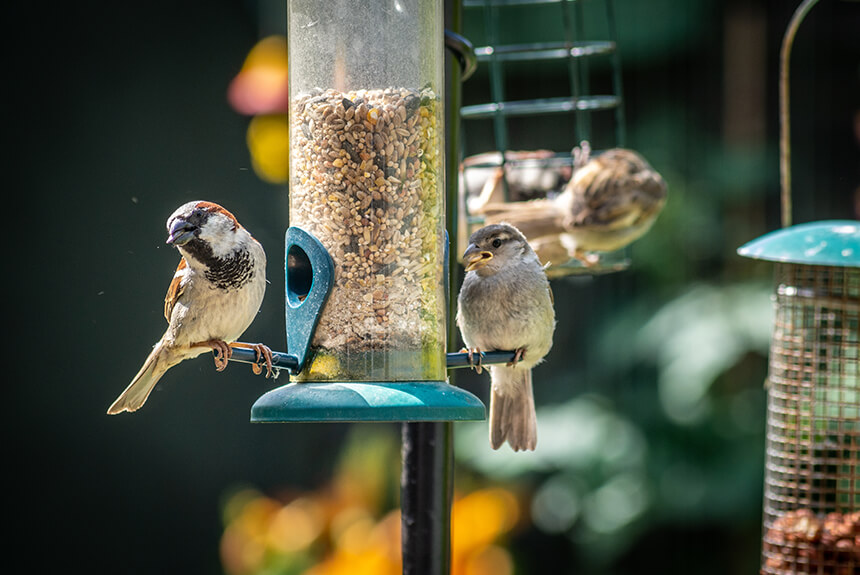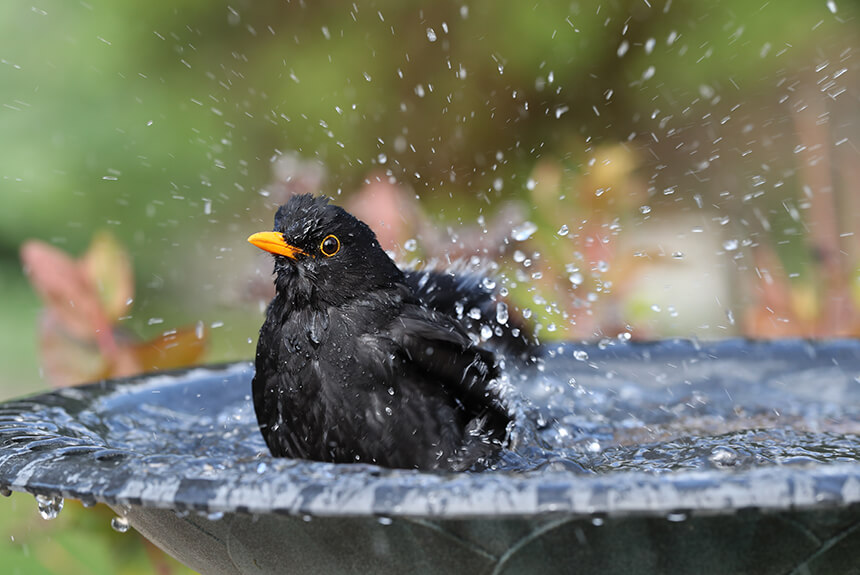And just exactly how is your vegetable garden coming along? August is the prime month of delicious home grown delights that you are harvesting from your gardens, like sweet corn and juicy, fresh tomatoes. Who loves fresh sliced tomatoes on fresh white bread, smothered with mayonnaise? It’s a summer taste that one never forgets, no matter how old they are!
Farmers Markets are in their full glory, with garden-less people flocking to them to purchase home grown delights. It’s a great time of the year for freshness!!

It’s also getting a little bit closer to the upcoming colder months. Now is the time to prepare for the cold fall and winter nights, meaning your propane tanks need to be filled. This is an easy thing to do, just call the Marshall County Co-op’s Propane specialists and find out all you need to know about getting scheduled deliveries and more. Call Dave now in Propane at (304) 845-2375. He can answer all your questions.
Speaking of fall and winter also brings me to the subject of football which is just right around the corner. More about that next month when I go into a little bit more details of the upcoming high school and college games!!! Go WVU!!
Switching up the subject a little, by now, most of you have heard about the sick and dying birds that has affected several states, including West Virginia and Ohio. This sickness seems to affect only five bird species so far, which include the common grackle, the blue jay, the European Starling, the American Robin and the Northern Cardinals. Department of Natural Resources officials have noticed that these birds effected are in the same young age range, not adult birds. They all seem to be backyard birds that frequently visit bird baths and bird feeders. The DNR officials said the disease could spread through feeders and they are encouraging residents to take their bird feeders/bird baths down until the mortality issue has ended. They also advise you to clean your feeder and baths with hot, soapy water with a 10% bleach solution. Cleaning your feeders and baths should become a habit of doing once or twice a month too, just as a precautionary measure to avoid any future outbreaks.

So, how does one know that a bird may be sick? One of the symptoms is the bird has swelled and crusty eyes along with neurological symptoms and behavior abnormalities. The fact that our beautiful, feathered friends are sick like this just makes me sad. I get such pleasure out of watching them flock around in my bird bath and enjoy the seeds from my feeders. But if you do run across a sick bird in your yard or anywhere else, please avoid handling the bird. If you do find it necessary to handle them, please wear disposable gloves and place them in a sealable plastic bag to dispose of in your trash can. You also need to keep your pets away from these birds as a precaution. Call your local DNR district if you see birds that exhibit these symptoms.

As of now, DNR officials don’t think this is a virus, and have no reports of people getting sick from this bird disease. Let’s all hope and pray that this sickness can be stopped and our birds can once again be back to what they enjoy most…..eating our seeds, entertaining us with their tactics and swimming in our bird baths.
Enjoy your August and I will be talking to you again in September!!
August was nearly over – the month of apples and falling stars, the last care-free month for the school children. The days were not hot, but sunny and limpidly clear – the first sign of advancing autumn.
Victor Nekrasov


Leave a Reply